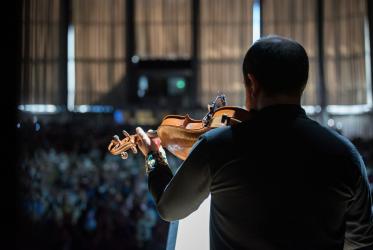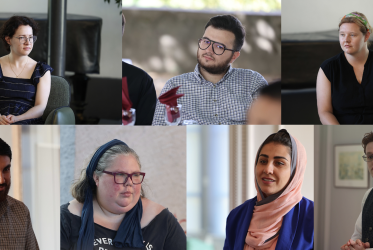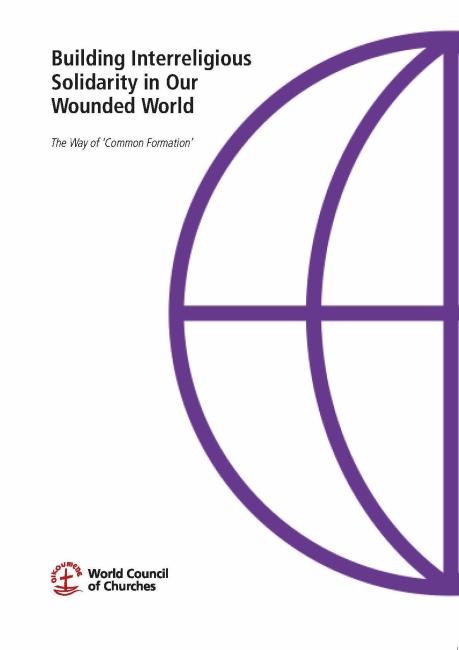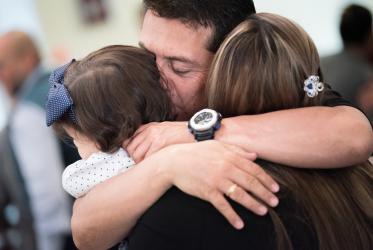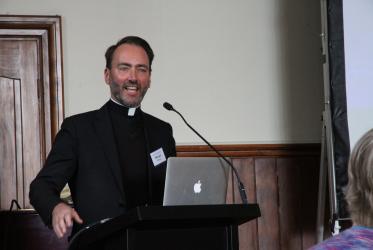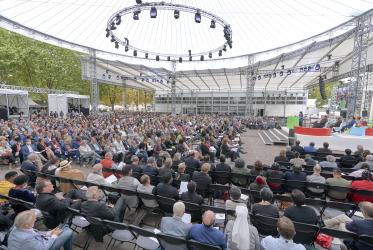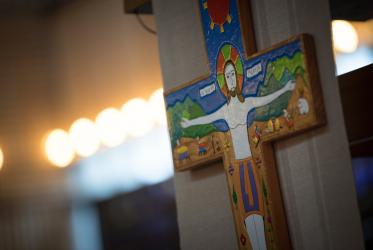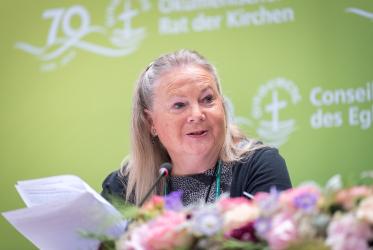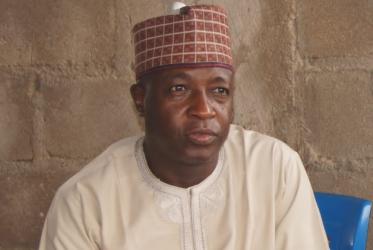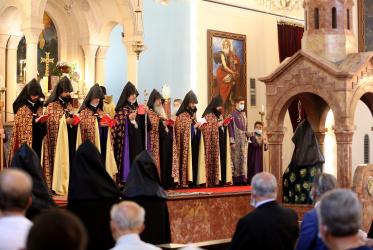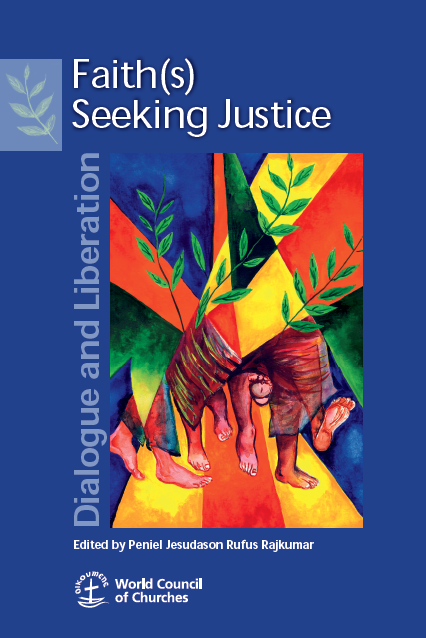Displaying 1 - 20 of 43
“Circle of Prayer” reverberates out from Dover—to the world
21 February 2024
From hostility to hospitality: Closing prayers at Karlsruhe
09 September 2022
Bible studies bring ways to learn how Christ’s love moves us
06 September 2022
Saturday morning prayers invoke movement for truth and righteousness
03 September 2022
Prayer life of Bishop Mary Ann Swenson has deep roots
31 January 2022

